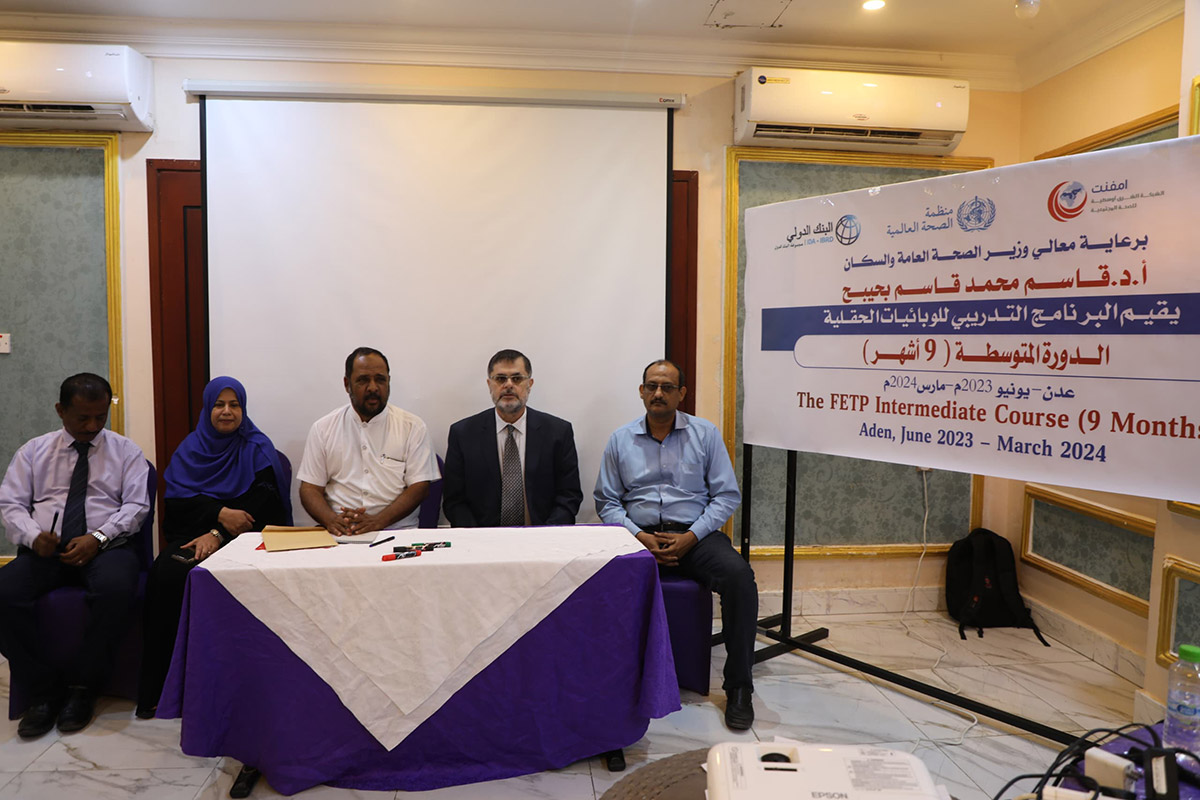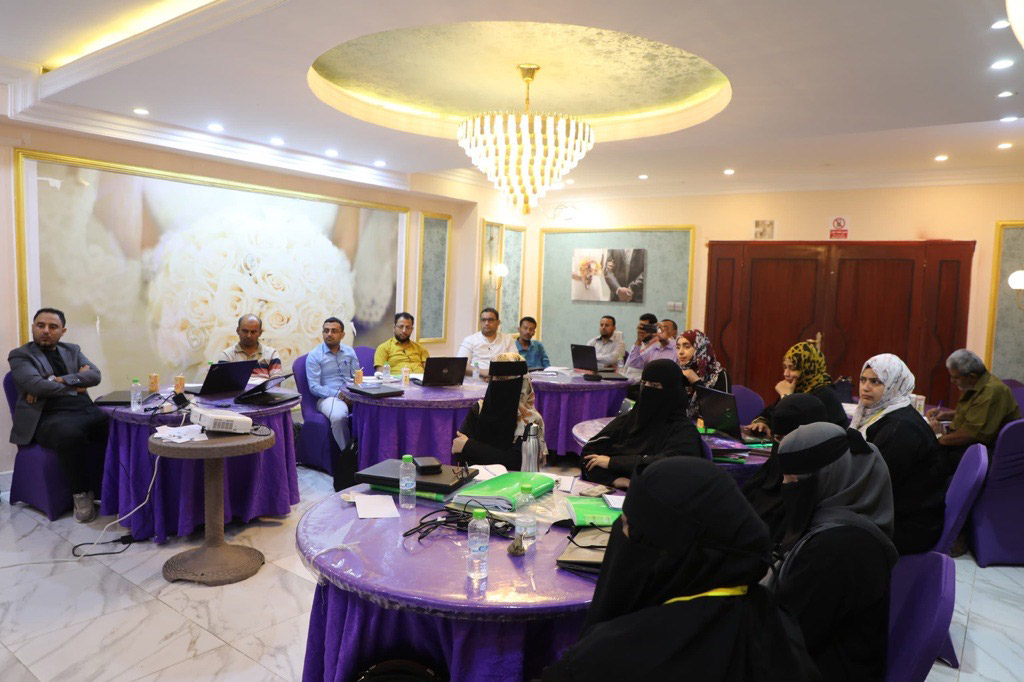 1 December 2024, Aden and Sana’a, Yemen – Yemen’s enduring crisis has created one of the world’s most disease-vulnerable environments, with persistent outbreaks of cholera, measles and dengue.
1 December 2024, Aden and Sana’a, Yemen – Yemen’s enduring crisis has created one of the world’s most disease-vulnerable environments, with persistent outbreaks of cholera, measles and dengue.
In collaboration with the World Bank – via the International Development Association and the Pandemic Fund – WHO provides support to help Yemen detect and respond to the constant barrage of infectious disease threats.
“Disease outbreaks pose severe risks to Yemen’s most vulnerable populations, particularly children and the displaced, straining public health and social cohesion,” says WHO Representative to Yemen Dr Arturo Pesigan.
Since 2017, WHO has facilitated the operation of Yemen’s Electronic Integrated Disease Early Warning System (eIDEWS). The system now has almost 2400 sentinel surveillance sites, designated locations across Yemen where consistent health data collection allows disease trends to be mapped. Each day, more than 270 alerts are generated through the system, most of them via heath facilities reporting cases of infectious diseases presenting for care.
 The system is complemented by 333 rapid response teams (RRTs) across Yemen. Composed of health workers who can deploy within 24 hours, RRTs investigate alerts, contact trace and provide treatment and/or supportive supervision and health education to communities. RRTs deploy multiple times a week, playing a crucial role in detecting and containing outbreaks.
The system is complemented by 333 rapid response teams (RRTs) across Yemen. Composed of health workers who can deploy within 24 hours, RRTs investigate alerts, contact trace and provide treatment and/or supportive supervision and health education to communities. RRTs deploy multiple times a week, playing a crucial role in detecting and containing outbreaks.
WHO is helping build future generations of disease detectives by supporting the Field Epidemiology Training Programme (FETP). FETP has been operating in Yemen since 2011. In 2024, the intermediate course graduated 15 new field epidemiologists who will go on to serve in 7 governorates across Yemen.
WHO will continue to provide support to strengthen Yemen’s surveillance and response capabilities in line with the International Health Regulations. The Pandemic Preparedness and Response Project (PPRP), funded by the Pandemic Fund and with financing from the Emergency Human Capital Project (EHCP) in partnership with the World Bank, is key to delivering this support.
Learn more about the activities of eIDEWS coordinators and RRTs


